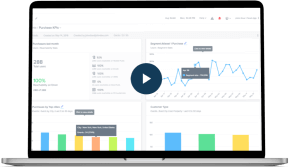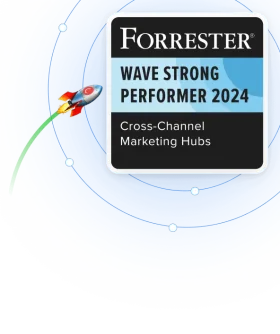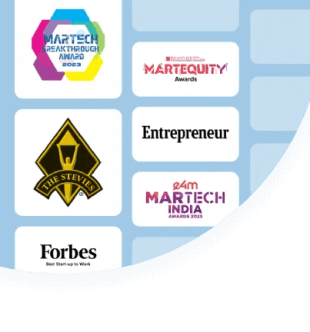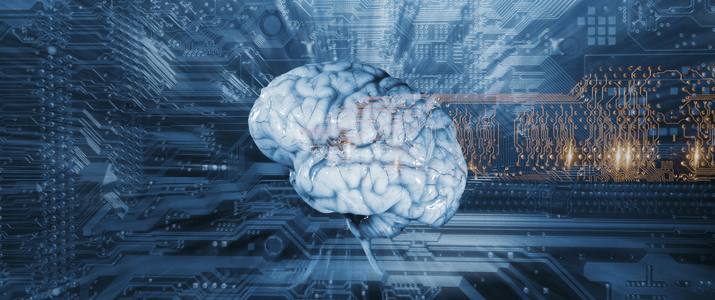Artificial Intelligence is one word that has always been a part of the hyperbole. Either being glorified beyond proportion in form of robots ruling us, killing us, saving us or grossly geekified through algorithms, programming, and jargons.
AI: marketing’s friend or foe? – #AI https://t.co/kMZ9T4VUa8 pic.twitter.com/RYuQQkJope
— Simon Porter (@simonlporter) May 15, 2017
What if I said that AI is already here and the way we experience it every day; it’s neither of them. Let me gently remind you of a few everyday AI experiences – Apple Siri, Google Assistant, Amazon Alexa!
Quite evident, weren’t they?
Let’s go a level deeper. The world took 2.5 trillion pictures in 2016, and a fraction of those were yours. Gone are the days when we used to put titles to our pictures. Nowadays hundreds, maybe thousands, of pictures that we take, just lie there. God forbid if you want to search for a certain picture you took one night while eating Pizza. Humanly, it will be a pain, and most probably you will give up. That’s where the AI of Google counts. Just search for Pizza in Google photos, and you’ll be shown a filtered result of all photos with pizza in them. Voila!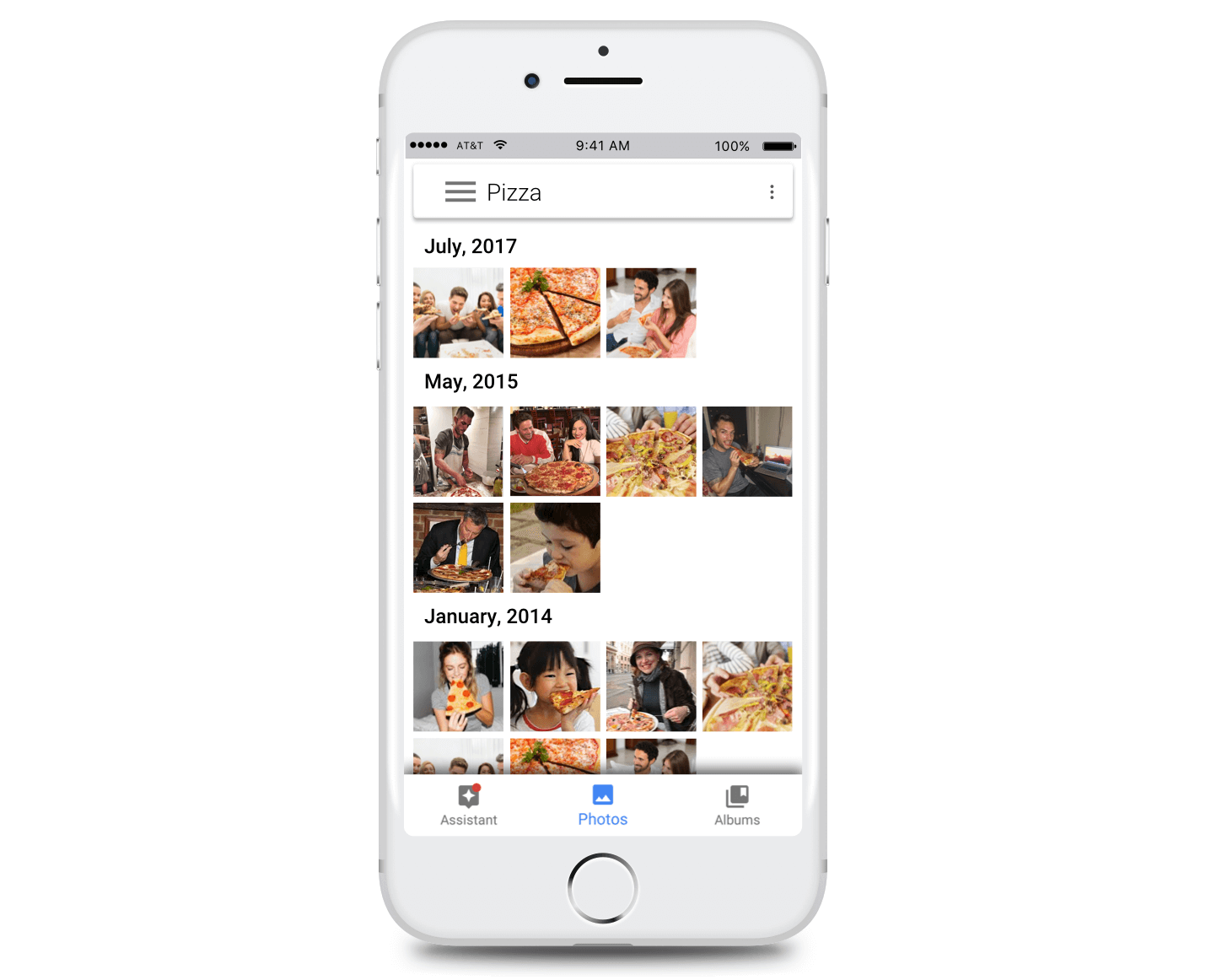
AI isn’t here to replace human intelligence. It’s here to aid it.
When it comes to marketing, AI is impacting almost all the aspects of it. Be it analytics, social media communications, outbound marketing and even content marketing. A typical inbound marketer’s day begins with Analytics and ends with with a huge chunk on Content Marketing, and Social Media sprinkled all over.
Let’s see how AI in the present world and the foreseeable future is changing these 3 aspects of a marketer’s day.
AI in Analytics:
The evolution of analytics is comprehensively explained by Gartner through the following graph: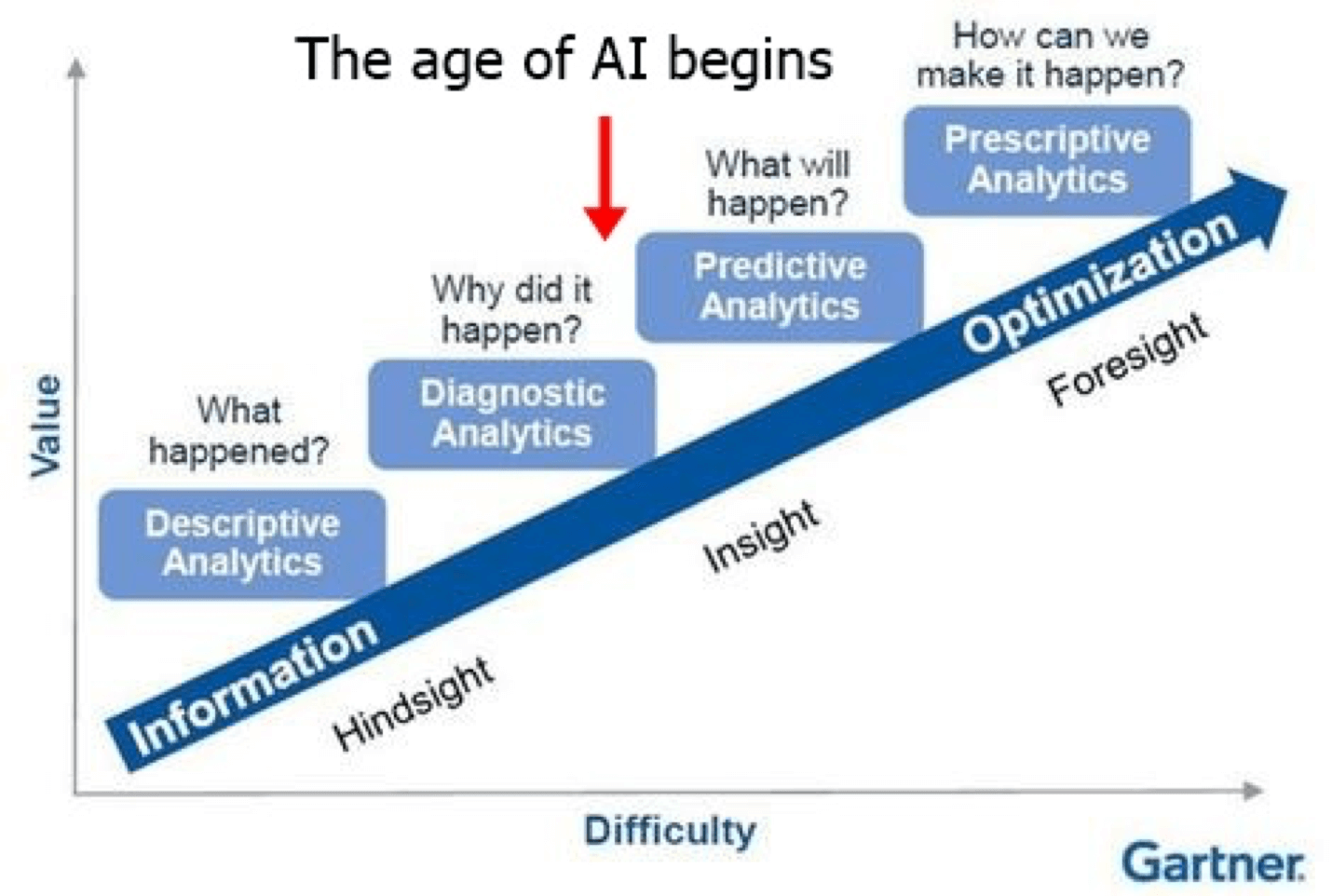
Right now the bulge of the bell curve for analytics adoption across companies is at the diagnostic analytics stage with descriptive analytics also taking a fair chunk. A few early adopters have merged machine learning with analytics and have reached the stage of predictive analytics, but prescriptive analytics is the part where the beauty of AI in analytics comes to the fore.
Predictive analytics is a mix of machine learning and analytics to predict the future. The prediction is done by analyzing the past data and filling in the gaps with intelligent guesses (ML plays its part). Obviously, prediction is not 100% accurate, but it is highly reliable. In fact, predictive analytics is something that can determine whether we will get a loan or a credit card. Yes, the credit score that all of us have is a result of running predictive analytics on our past credit history.
Prescriptive Analytics takes the machine learning to the next stage and utilizes Artificial Intelligence to prescribe the ways through which we can make our favorable future event occur in the present. For example, in the case of e-commerce, let the favorable event be a repeat purchase. Prescriptive analytics can tell you the exact campaigns to run, discounts to offer, the time to provide them and the channels to offer them through, to get repeat purchases done. Isn’t this a marketer’s utopia?
AI in Content Marketing
Content Marketing is a mixture of art and science. Creators create content and marketers distribute them to the deserved and desired audience. AI today is impacting both these aspects of content marketing, more than we know.
Content Creation: Ever since AI was able to write a complete sci-fi screenplay by itself, the ripples of that splash haven’t yet ceased to exist. The possibilities of content creation through AI techniques have been a darling of marketers and developers, both. A few news agencies have even tested waters with it and with services such as wordsmith and more, the possibilities of automating content creation ( at least, the shorter forms) are on the rise.
Content Curation: The marketing of content is much to do with personalization and assortment of content pieces, done exclusively for the reader. Though such capabilities already exist, it is limited either to the channels of marketing or to larger platforms such as Facebook, Quora, Medium and alike. Imagine such abilities for your blogs and other big rock content pieces. Bundle it up with predictive lead scoring, and you are going to rock the next quarterly meeting.
AI in Social Media
Scraping data, building buyer personas, enriching CRMs and macro-sentiment analysis has been around for some time now. Though all of this has some ML and AI aspects tied to them, I think AI in social media has a more dramatic role to play.
Have you watched the famous sci-fi TV series, Person of Interest? If you haven’t I will brief you a little, bear with me. In the series, a master computer analyses all the data (visual, voice, written) captured through all the CCTVs, mics and websites; public and personal, to come up with a social security number of person who can be a perpetrator or a victim of a violent crime in the next 24 hours. This is what AI can do for your brand. It can read (written), decipher (video and audio) and analyze every voice about your brand and raise priority flags for you to attend.
https://twitter.com/gryffincom/status/880346372997861376
A few of my fellow marketers may also advocate the use of AI in algorithmic responses of queries and complaints on social platforms. But I am a huge fan of humanizing brands, and until AI and chatbots reach the flawless levels of interaction, I will not stand in favor of this decision.
The future of AI in Marketing
Including the already mentioned ways AI will impact marketing, such as content creation and curation, prescriptive analytics and social media management, there are a few more ways I think AI will noticeably impact marketing in the future.
1. Handling the monotony: A lot of tasks at hand for a typical marketer (read: those related to excel sheets and basic analytics) are monotonous in nature and takes more time that it is supposed to. I think AI will take all of these head on and accomplish them on behalf of us.
2. Bots will come and conquer the conversations: Slack brought them to the light, Messenger brought them to the mainstream, and they are not going to stop anytime soon. The conversations between customers and brand will be more AI driven than ever. They can be through bots as frontmen or an AI impersonating a human, more and more interactions will be automated. This even motivated us to experiment with a bot ourselves. Go ahead and check out our Facebook bot –
3. Algorithms will be commonplace, and data will still be the differentiator: As per Dharmesh Shah of Hubspot, since you can buy algorithms off the shelf now, designing them won’t be a significant differentiator but the data that you feed them would. In his words, “More companies, including HubSpot, will start doing things that we thought required 100 PhDs. The winners will be the ones that have the data that can feed the machine learning algorithm.”
Let us know what you think about the use of AI and the potential impact it can have on how marketers like you and me do our jobs.
Why marketers should see #AI as an opportunity not threat to their job @Marketingweek #marketing #CMO #futureofwork https://t.co/Jtv09JDplt pic.twitter.com/yEIevPHOT9
— Sarah McLaughlin (@Sarahetodd) May 16, 2017
Join the conversation and may the force (and intelligence) be with you.
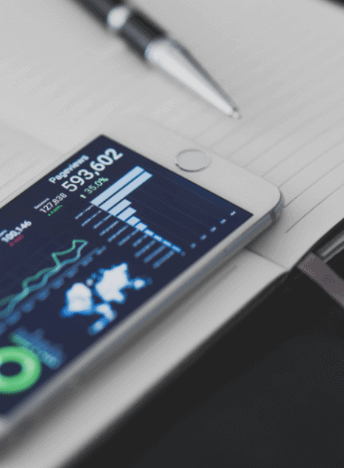
The Psychology of Insanely Addictive Apps
Subharun Mukherjee 
Heads Cross-Functional Marketing.Expert in SaaS Product Marketing, CX & GTM strategies.
Free Customer Engagement Guides
Join our newsletter for actionable tips and proven strategies to grow your business and engage your customers.

